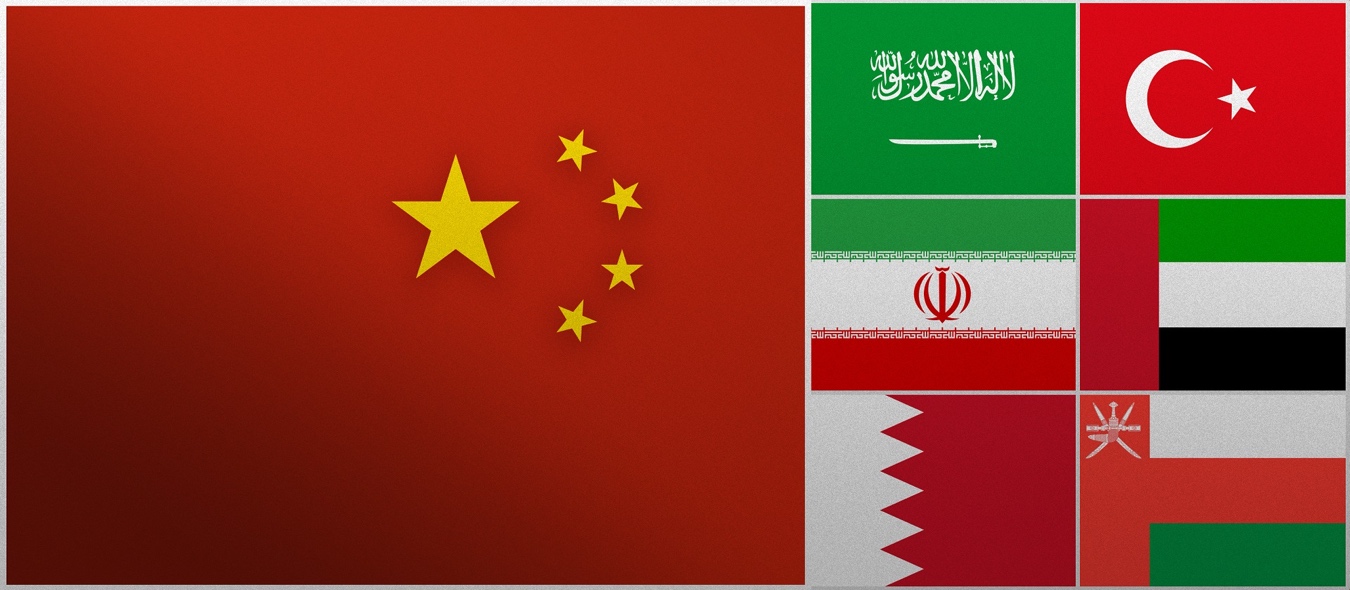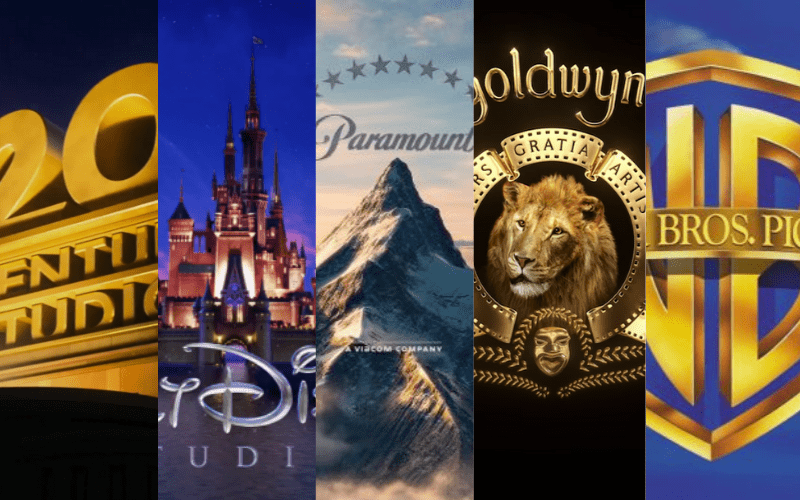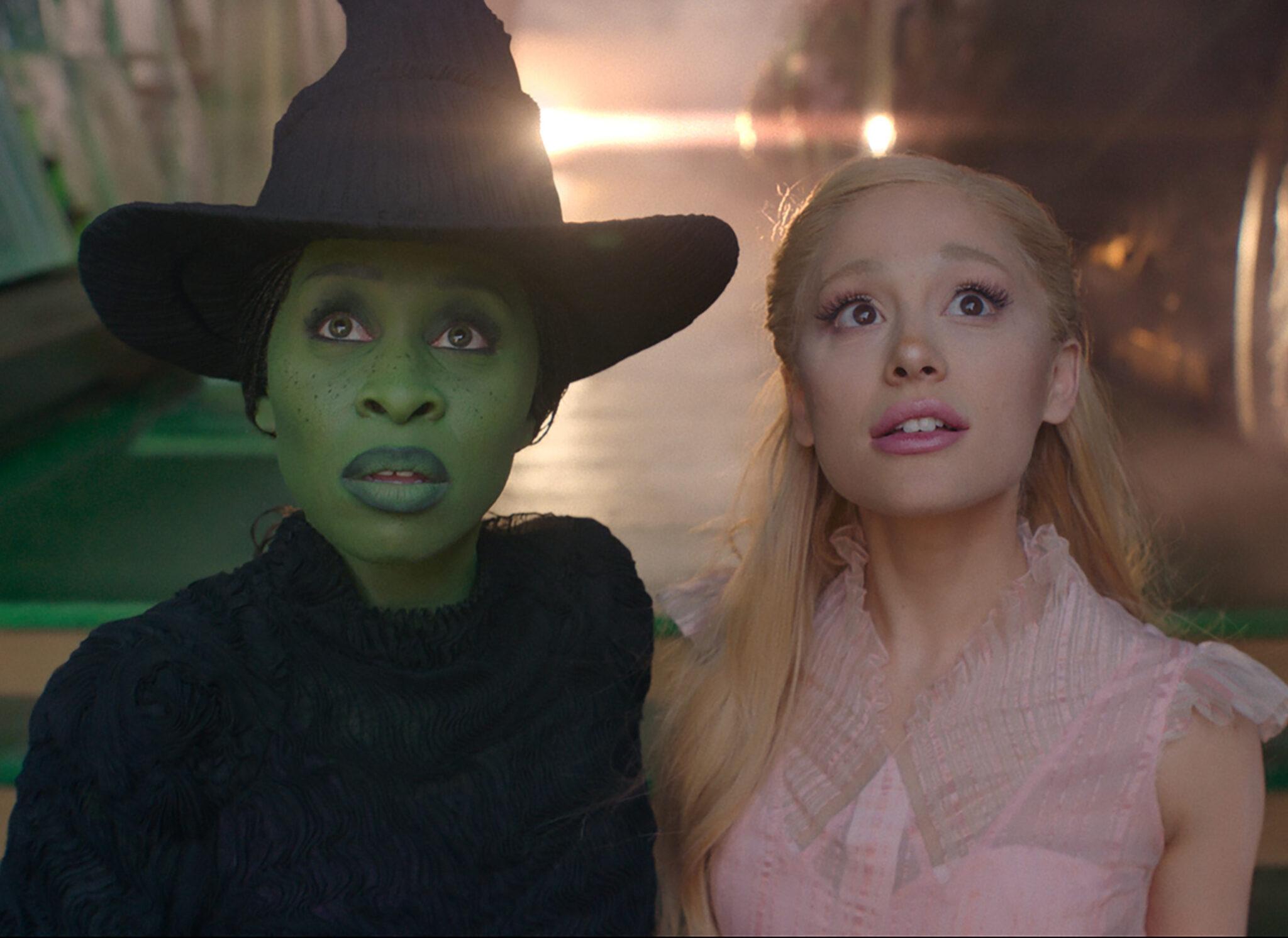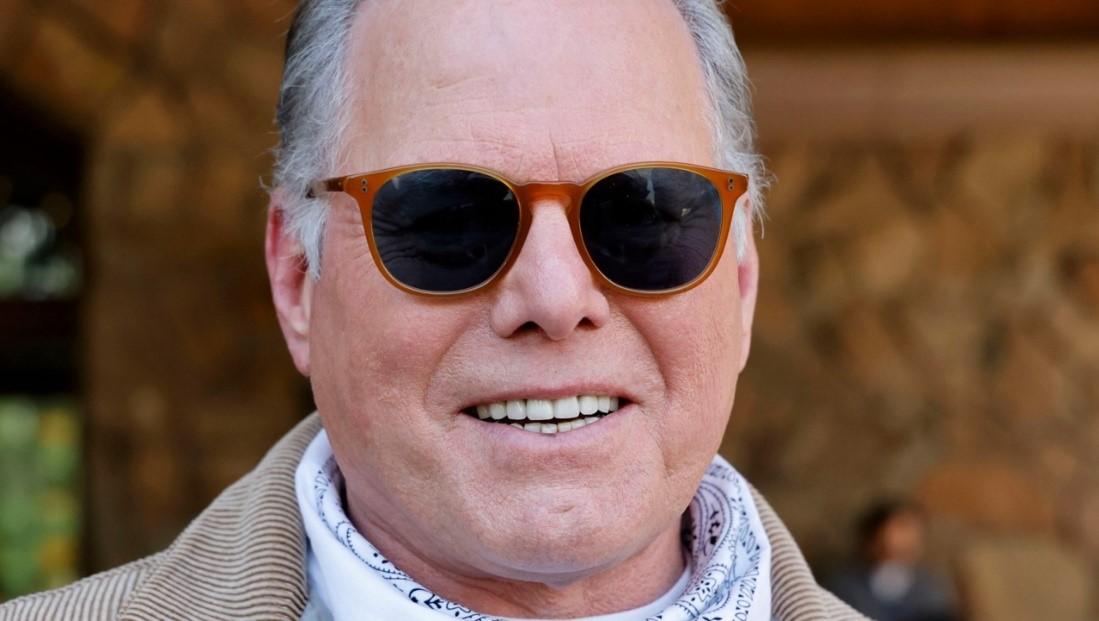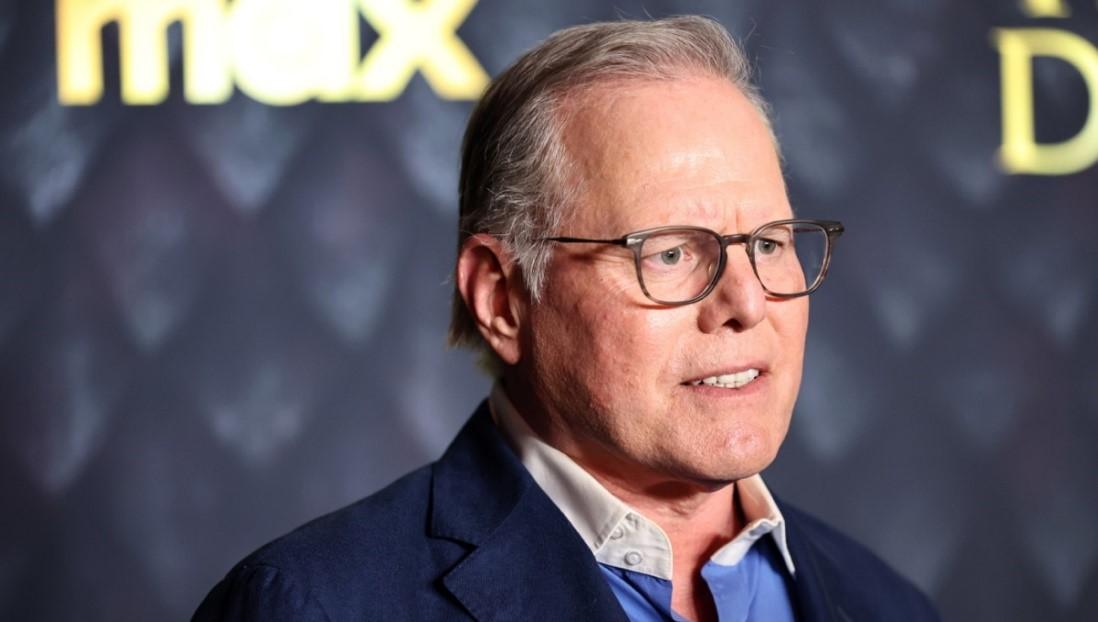Until a few years ago, studio execs considered international markets an emerging source of new revenue for their releases, fueling profitability for each new release. Most high-grossing films would derive over 50% of their revenue from markets outside North America.
Unfortunately, international markets have become less dependable since tightly controlled markets such as China, Saudi Arabia, and the UAE have enforced a degree of censorship, even banning certain titles for political and cultural reasons.
The oversight and control are not limited to the major blockbusters. This week, authorities in Saudi Arabia, Qatar, and Kuwait announced a ban on local releases for the indie hit EVERTYHING EVERYWHERE ALL AT ONCE, citing the same-sex relationship that is featured in the story.
While studios are unlikely to alter their content choices to suit Middle Eastern markets, they have shown a willingness to tailor film content to pass muster with Chinese regulators. China has blocked certain titles, with the latest example being DOCTOR STRANGE IN THE MULTIVERSE OF MADNESS.
The infraction was a brief scene with a newspaper stand appearing to display an issue of the Epoch Times, a news outlet known to publish critical statements about the Chinese government. Meanwhile, most Hollywood studios themselves have stopped releasing new films in Russia in response to its invasion of Ukraine. The cumulative effect calls into question the results one can expect going forward from worldwide releases.
See also: Doctor Strange in the Multiverse of Madness scene causes backlash in China (The Independent)

